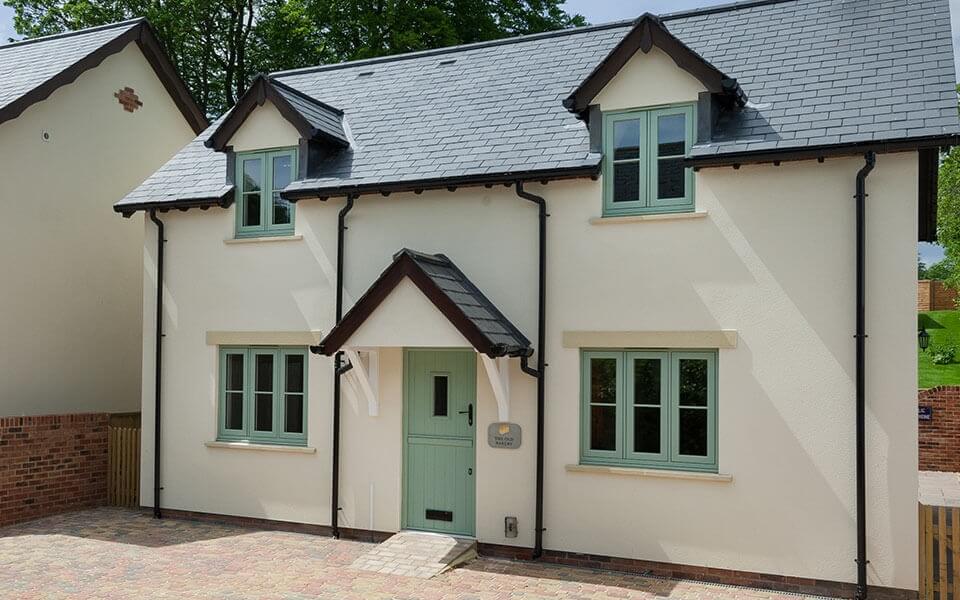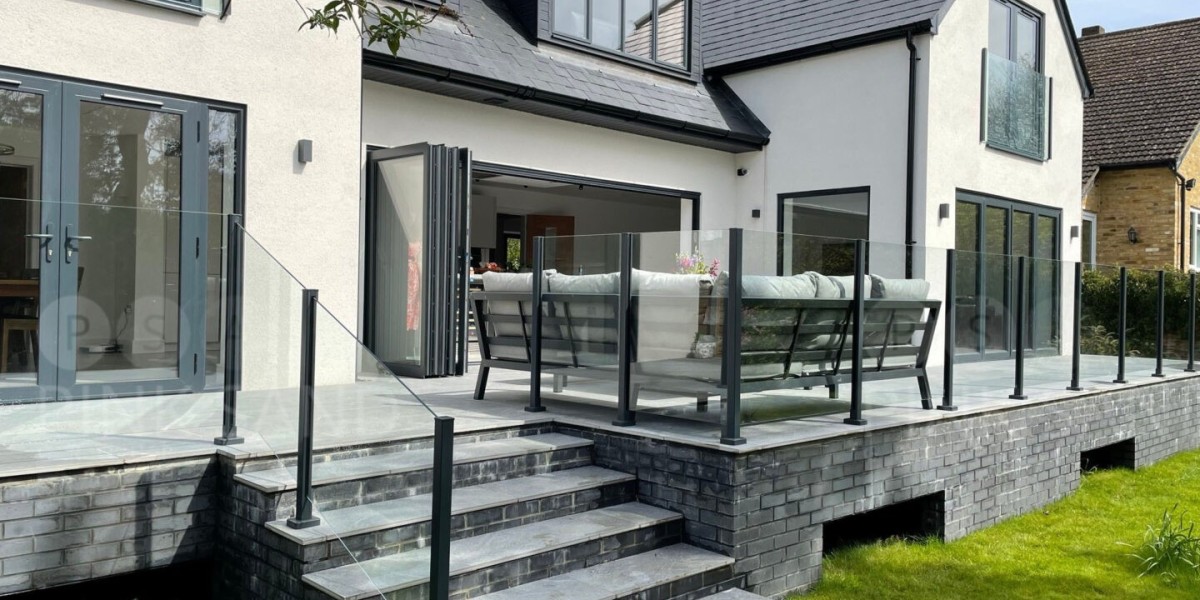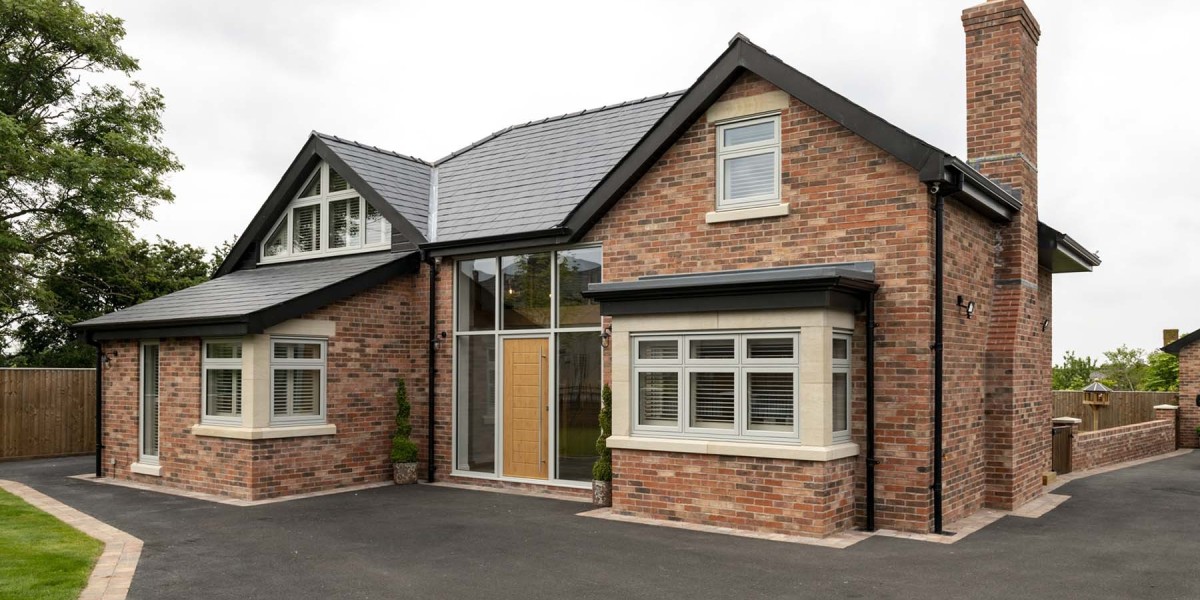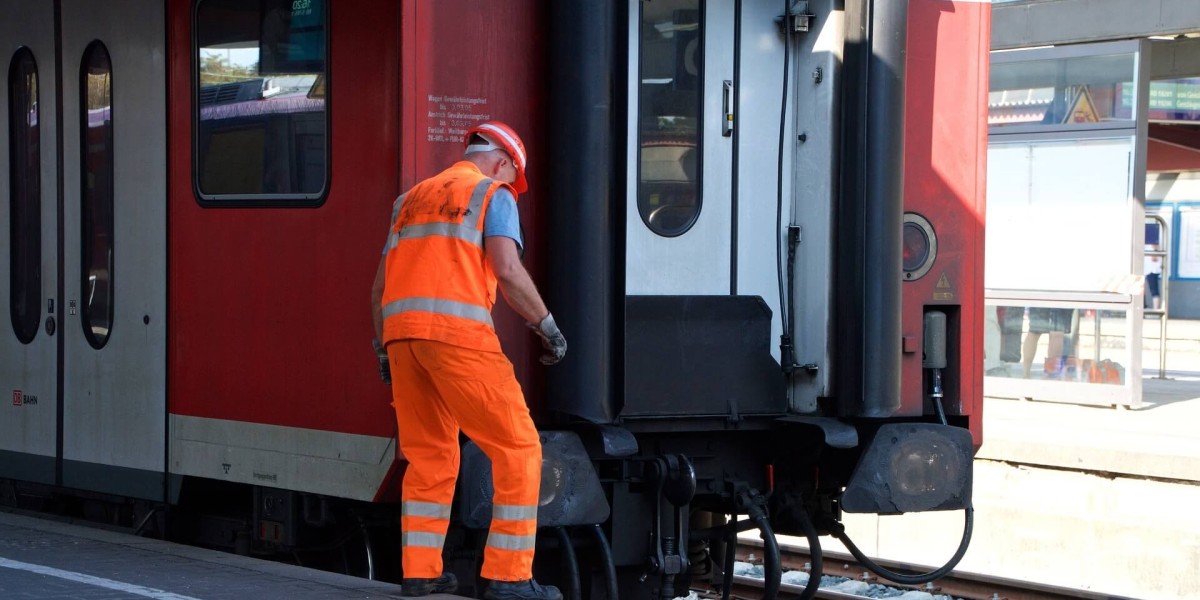In recent years, uPVC (unplasticized polyvinyl chloride) windows have gained immense popularity in residential and commercial properties alike. Known for their durability, energy efficiency, and low maintenance requirements, uPVC windows are a modern alternative to traditional wooden or aluminum frames. This article will explore the various benefits, features, and considerations associated with uPVC windows, providing a comprehensive understanding for homeowners and builders alike.
What are uPVC Windows?
uPVC windows are constructed from a rigid form of polyvinyl chloride, which is a type of plastic. Unlike regular PVC, uPVC does not contain any plasticizers, making it more durable and suitable for construction purposes. These windows are designed to offer superior insulation, security, and aesthetic appeal, making them a popular choice in the building industry.
Energy Efficiency
One of the most significant advantages of uPVC windows is their energy efficiency. The multi-chambered structure of uPVC frames creates a barrier that helps to reduce heat transfer, keeping homes warmer in winter and cooler in summer. This thermal efficiency can lead to reduced energy bills, as homeowners rely less on heating and cooling systems. In fact, many uPVC windows are rated with high energy efficiency ratings, making them an environmentally friendly choice that contributes to lower carbon footprints.
Durability and Longevity
uPVC windows are renowned for their durability. Unlike wooden frames, which can warp, rot, or become infested with pests, uPVC windows are resistant to the elements. They do not corrode, rust, or require regular painting or staining. This resilience means that uPVC windows can last for decades with minimal maintenance, making them a cost-effective investment over time.
Low Maintenance Requirements
Another appealing aspect of uPVC windows is their low maintenance needs. Homeowners do not have to worry about sanding, painting, or sealing their windows regularly. A simple wash with soap and water is usually sufficient to keep them looking new. This ease of maintenance is particularly advantageous for busy individuals or those who prefer a hands-off approach to home care.
Aesthetic Versatility
uPVC windows come in a variety of styles, colors, and finishes, allowing homeowners to select options that complement their architectural preferences. Whether it's a traditional sash window or a modern casement design, uPVC can be manufactured to suit any aesthetic. Additionally, uPVC windows can be made to mimic the appearance of wood, providing the classic look without the associated drawbacks of wood frames.
Security Features
Safety is a top concern for homeowners, and uPVC windows offer robust security features. Many uPVC windows are fitted with multi-point locking systems, which provide enhanced protection against break-ins. The strength of the uPVC material itself also adds an extra layer of security, making it difficult for intruders to force entry. Homeowners can rest assured that their property is well-protected with these windows.
Noise Reduction
Another benefit of uPVC windows is their ability to reduce external noise. The dense structure of uPVC combined with double or triple glazing options creates an effective sound barrier, making homes quieter and more peaceful. This feature is particularly beneficial for those living in busy urban areas or near high-traffic roads, as it helps to create a tranquil indoor environment.
Environmental Considerations
While uPVC has been criticized for its environmental impact during production, it is important to note that modern manufacturing processes have evolved. Many uPVC windows are now made from recycled materials, and the longevity of uPVC products means they do not need to be replaced as frequently as other materials, reducing waste. Additionally, their energy efficiency contributes to lower energy consumption, which is a positive factor for environmentally-conscious consumers.
Installation Process
The installation of uPVC windows is a straightforward process, typically requiring less time than traditional wooden windows. Professional installers can quickly fit uPVC windows, minimizing disruption to the homeowner. Proper installation is crucial, as it ensures that the windows perform optimally in terms of insulation and security. Homeowners should always hire qualified professionals to ensure the best results.
Cost Considerations
When considering uPVC windows, cost is often a significant factor. Generally, uPVC windows are more affordable than wooden windows, making them an attractive option for budget-conscious homeowners. While the initial investment may be higher than that of basic aluminum windows, the long-term savings in maintenance and energy costs often make uPVC the more economical choice over time.
Potential Drawbacks
Despite their many benefits, uPVC windows are not without drawbacks. Some critics argue that they may not offer the same aesthetic appeal as high-end wooden frames, particularly in historic properties where traditional materials are preferred. Additionally, while uPVC is durable, it can become discolored or degrade over time if exposed to harsh UV rays without adequate protection. However, advancements in technology have led to improved UV resistance in modern uPVC products.
Conclusion
In conclusion, uPVC windows present a multitude of benefits for programminginsider.com/let-the-light-in-how-to-choose-the-right-new-windows-for-your-harpenden-home/ homeowners seeking a durable, energy-efficient, and low-maintenance window solution. Their versatility in design, combined with enhanced security features and noise reduction capabilities, make them an appealing choice for a wide range of properties. While there are some considerations to keep in mind, the advantages of uPVC windows often outweigh the drawbacks, making them a popular option in today's market. As technology continues to advance, uPVC windows are likely to become even more efficient and environmentally friendly, solidifying their place as a leading choice in window solutions.








